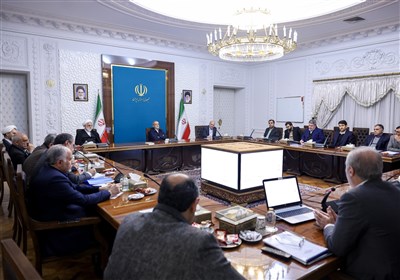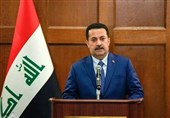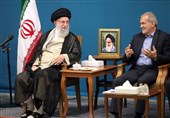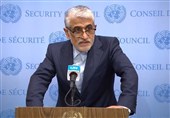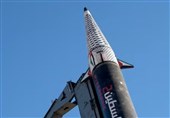Lebanese Banks Re-Open after Two Weeks
TEHRAN (Tasnim) - Lebanese banks opened on Friday for the first time in two weeks after protests that prompted the prime minister’s resignation.
An hour after doors opened, dozens of people were waiting at some banks in Beirut and other cities, Reuters reported.
The Association of Banks in Lebanon praised the public for acting “responsibly”. The Lebanese pound strengthened against the dollar on a parallel market that has emerged in recent months, three dealers said.
The central bank had promised not to impose capital controls when banks re-opened, measures that could hamper the currency inflows and investment.
Though no formal controls were imposed, banks were telling customers they could not transfer funds abroad unless they were for paying loans, education, health, family support or commercial commitments, a customer and banking sources said.
Customers also encountered new limits on the amount of dollars they could withdraw from US dollar accounts.
Several customers said they had expected the situation to be worse.
“There is not a lot of panic. I thought it was going to be more,” said a customer who was holding a ticket showing he was 17th in line outside a branch of Byblos Bank in Zouk Mosbeh, north of Beirut, where 20 people were waiting at opening time.
POUND STRENGTHENS ON PARALLEL MARKET
“The public is acting responsibly and in a civilized manner, and the sense of patriotism was clear in people’s desire to protect the national economy,” Salim Sfeir, the chairman of the Association of Banks in Lebanon, said in a statement.
Banks had cited security concerns for staff and customers in their decision to stay closed for the last two weeks. Bankers and analysts had also cited worries about a rush by savers to withdraw funds or to transfer them abroad once banks re-opened.
Banking sources said on Thursday that commercial banks would try to restrict transfers abroad. At another bank, a bank employee was overheard offering higher interest rates to another customer.
A slowdown in capital inflows to Lebanon has led to financial pressures unseen since the 1975-90 civil war. A parallel market has emerged for the Lebanese pound, which has been pegged at 1,507.5 to the dollar for two decades.
Hariri’s resignation met the demands of protesters, who were demonstrating against politicians they accused of rampant corruption.
On Thursday night, President Michel Aoun signaled support for the formation of a government of technocrats, suggesting room for compromise toward setting up a new administration that could enact badly needed reforms.

